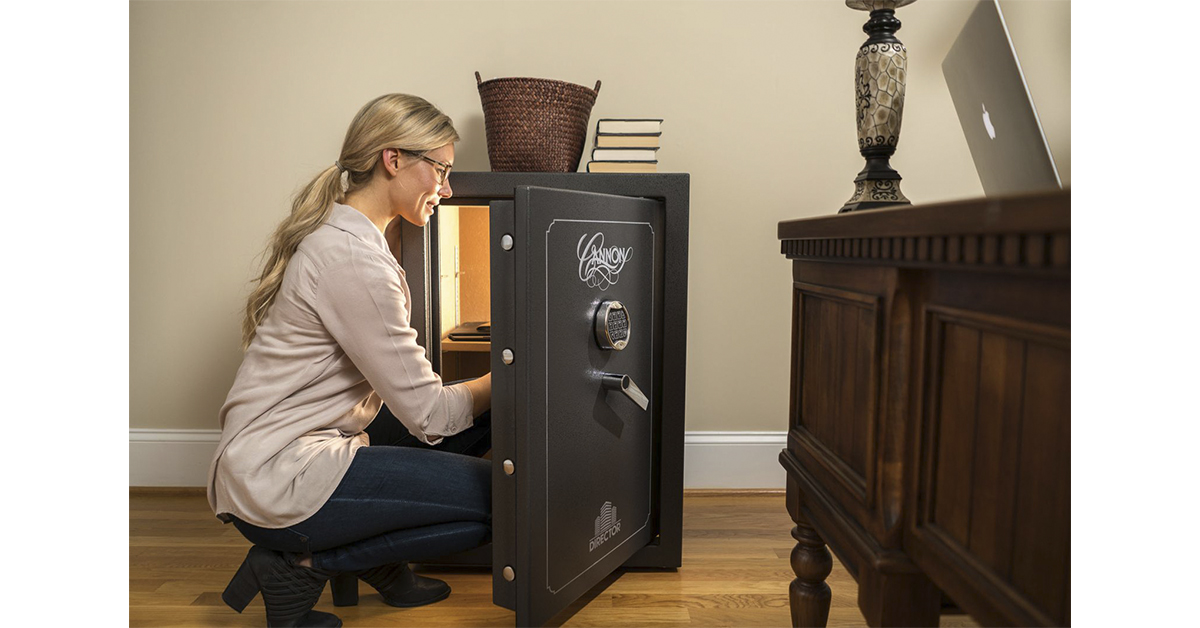Whether you like to target shoot, hunt, or just want to keep a weapon for home protection, keeping the weapon out of the reach of children is a high priority. Guns are not the only weapons that should be locked away. You should also lock away:
• Hunting bows and arrows
• Razor-sharp hunting or filleting knives
• Bayonets
• Throwing blades and other martial arts weapons
If you do intend to store guns, don’t forget to consider space for the ammunition. Always consider whether or not you plan to add any more weapons to your collection, and take your future plans into account when selecting your safe size.


